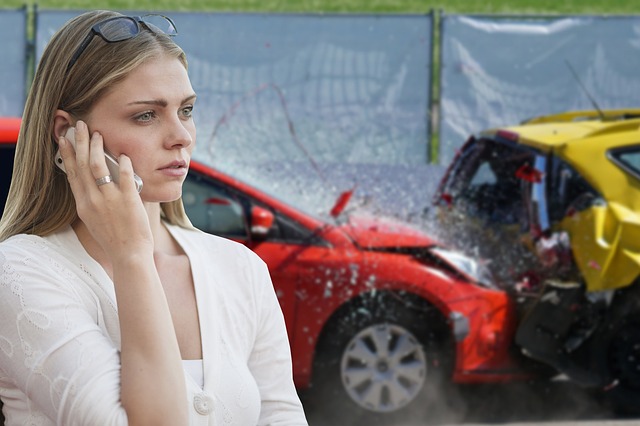A car crash can cause more than physical injuries. It can leave a lasting impact on your emotional well-being. A research study by the National Institute of Mental Health (NIMH) has shown that approximately 39% of car crash survivors develop symptoms of post-traumatic stress disorder (PTSD) after a serious car accident.
If you are a victim and find yourself struggling to regain emotional control, you are not alone. The silver lining is that help is at hand, as you can rely on some actionable coping strategies to navigate the turbulent emotional aftermath of a car crash. All you need to do is to take charge of your emotional well-being and embark on a journey toward healing.
Here’s a list to overcome PTSD and reclaim your sense of safety and stability after a car crash.
Give yourself time to heal
Recovering from a car crash takes time, even if you don’t have severe physical injuries. You need to be patient and allow yourself to grieve and process the emotional impact of the incident. Don’t rush the process because there are no shortcuts.
Give yourself free space to accept and process your emotions and understand what you feel is completely normal. Take the time to regain normalcy, and don’t be too harsh on yourself during the healing journey.
Seek professional support
PTSD is not just a state of mind but a mental disorder. You cannot expect it to resolve without treatment, even if you are a strong and resilient person. Reach out to a mental health professional specializing in trauma and PTSD.
They can provide invaluable guidance, support, and evidence-based treatments to help you regain control of your emotions. Therapy can be a game-changer in processing traumatic experiences, managing symptoms, and developing healthy coping mechanisms. You shouldn’t skimp on it.
Look for justice
Seeking justice can provide a sense of closure and peace of mind. Both go a long way in addressing PTSD, so go for a legal claim if the mishap happened due to someone else’s negligence. Collaborate with a trusted legal counselor with expertise in personal injury law to help you get the justice and compensation you deserve.
They can guide you through the legal process, advocate for your rights, and help you maximize compensation for your damages. Holding the responsible party accountable can help with financial and emotional healing.
Build a support system
Seeking a strong support system should be next on your checklist for getting through PTSD. Surround yourself with loved ones who understand your pain and struggle. Lean on family and friends who can lend a listening ear, offer comfort, and provide physical, financial, and emotional support.
Look beyond the people you know and join support groups to connect with fellow car crash survivors who can relate to your experiences. A support system creates a safe space to express yourself and receive the encouragement you need during this challenging time.
Rework your routine
After a car crash, it’s essential to re-establish a sense of safety and stability. The best way to do it is by reworking your daily routine. Ensure incorporating activities that promote relaxation and self-care. Engage in daily exercises like yoga or meditation to calm your mind and reduce anxiety.
Create a structured schedule with regular sleep patterns, nutritious meals, and time for hobbies and relaxation. By establishing a balanced routine, you can gradually regain a sense of physical normalcy and control over your emotions.
Embrace coping strategies
Emotional healing requires effective coping strategies. Fortunately, you can do a lot in this context. Explore techniques such as deep breathing exercises, journaling, art therapy, and gardening. Engaging in physical activities is a good idea as it can support physical and emotional strength.
Experiment with what work best for you and incorporate these coping strategies into your daily life. Remember, self-care is a vital part of building resilience. Make your well-being a priority, and schedule time for activities that bring you joy and peace.
Challenge negative thoughts
Negative thoughts and beliefs can contribute to PTSD after a car crash. But you cannot block them altogether after the experience. Make an effort to overcome negative thoughts and swap them with positive ones.
Accept that the crash was unfortunate, but it doesn’t define you or your future. Focus on your strengths, resilience, and the progress you’ve made in your healing journey. Make positive affirmations and give yourself reminders of your inner strength.
Regaining emotional control after a car crash is about finding your way back to a fulfilling life. PTSD is real, but it isn’t an incurable problem. Stay committed to your mental health to overcome it and embrace life again!



